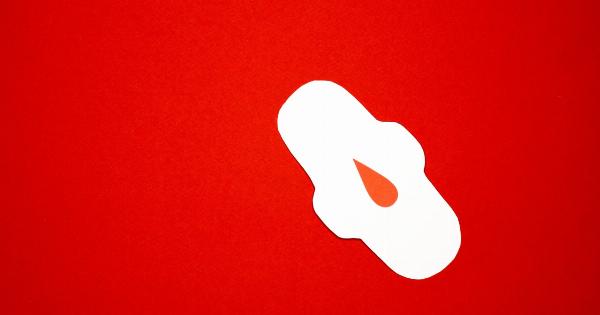When following a diet, many people find it challenging to give up certain foods. Whether it’s due to their addictive nature, sensory appeal, or emotional connection, some foods can be especially difficult to remove from one’s eating routine.
In this article, we will explore the toughest foods to give up on a diet and discuss strategies to overcome these cravings.
Sugar
Sugar is often considered one of the leading villains when it comes to dieting. It is highly addictive and can be found in many processed foods, desserts, and sugary beverages.
Cutting back on sugar can be tough due to its ability to trigger the brain’s reward system and create cravings. Furthermore, sugar can cause energy crashes and interfere with weight loss goals by promoting fat storage.
Chocolate
Chocolate is a weakness for many people and can be incredibly challenging to give up. It contains compounds that stimulate the production of endorphins, which are known as “feel-good” chemicals.
Additionally, it has a rich and creamy texture that can be hard to resist. However, there are healthier alternatives available, such as dark chocolate with higher cocoa content and less added sugar.
Pizza
Pizza, with its combination of gooey cheese, savory toppings, and a satisfying crust, can be a hard food to say no to. The combination of fats, carbohydrates, and proteins makes it a highly palatable and addictive food.
However, enjoying pizza in moderation by opting for thin-crust options, loading up on veggies, and controlling portion sizes can help satisfy cravings while staying on track.
French Fries
The crispy texture and savory taste of french fries make them a popular choice for many individuals. Unfortunately, these deep-fried delights are typically high in unhealthy fats and calories.
The addictive nature of fried foods can make it tough to give up french fries completely. However, there are healthier alternatives, such as baked sweet potato fries or air-fried versions, that can provide a similar satisfaction.
Ice Cream
Ice cream is a classic comfort food that triggers pleasure centers in the brain. It combines sweetness, creaminess, and a wide variety of flavors that make it irresistible to many.
The high sugar and calorie content of ice cream can hinder weight loss efforts. However, there are numerous low-calorie and dairy-free options available that can satisfy cravings without derailing a diet plan.
Bread
Bread is a staple in many diets, but it can also be challenging to give up. Its comforting texture and versatility make it hard to resist.
However, bread is often high in refined carbohydrates, which can lead to spikes in blood sugar levels and hinder weight loss. Opting for whole grain bread or exploring gluten-free alternatives can be a healthier approach without completely eliminating it from the diet.
Cheese
Cheese is not only delicious but can also be addictive due to its high concentration of casein proteins, which have been shown to trigger dopamine release in the brain. This release creates pleasurable sensations and promotes cravings.
While cheese is a good source of calcium and other nutrients, moderating intake and opting for lower-fat options can help manage its impact on the diet.
Soda
Soda, particularly regular soda, is loaded with sugar and empty calories. The combination of carbonation, sweetness, and often caffeine can create a strong dependency.
Many people find it challenging to give up soda due to both physical and psychological factors. Switching to sparkling water, unsweetened herbal tea, or flavored water can provide a healthier alternative while still delivering a refreshing experience.
Chips
Crunchy and addictive, chips top the list of challenging foods to give up on a diet. They provide a satisfying sensation while snacking and often come in various flavors to cater to different preferences.
However, chips are typically high in unhealthy fats and can quickly add up in calories. Opting for air-popped popcorn, kale chips, or baked vegetable chips can help satisfy cravings without the added guilt.
Alcohol
Alcohol can be a significant challenge for those trying to follow a strict diet plan.
Apart from its empty calorie content (7 calories per gram), alcohol can lower inhibitions and impair decision-making, potentially leading to overeating or making poor food choices. Reducing alcohol consumption, opting for lower-calorie options, and practicing mindful drinking can help manage its impact on the diet.





























